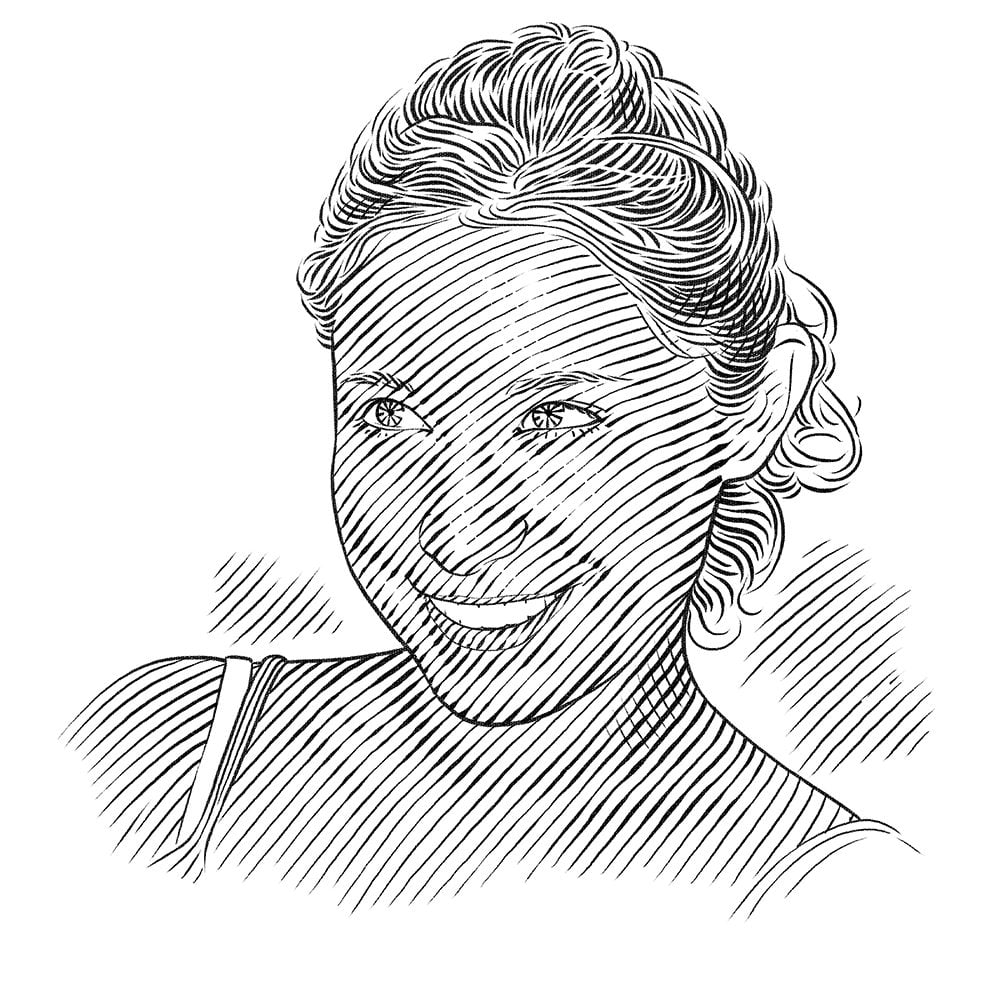Creating conservation heroes
In the face of illegal logging, wildlife trafficking and habitat destruction, Equador’s park rangers have their work cut out for them. Through this training project, Daniela hopes to give the country’s marine park rangers an edge.
I’m passionate about the conservation of nature and about education. Ever since I was a little girl I have had a special interest in the wonders hidden in Ecuador’s natural protected areas. As my parents used to develop educational material for park rangers working with local communities, I was lucky enough to visit a wide range of national parks located in the highlands, the Amazon basin and the coastal region, including the spectacular Galàpagos Islands. This was the beginning of my journey as a naturalist that later led me to study biology at university and get involved in projects that...
Marine protected areas training project
The key objective of this project is to increase the capacity of marine park rangers in order to strengthen the conservation objectives of marine protected areas.
The main threats faced by the Ecuadorian Protected Areas System include deforestation due to illegal logging, wildlife trafficking, loss of marine and terrestrial biodiversity, degradation of natural environments in terrestrial and marine ecosystems, human invasions inside of natural protected areas due to agricultural and illegal settlements, and loss of cultural heritage and ancestral knowledge.
The project seeks to address and counteract these threats by training park rangers and enhancing their professional and interpersonal capacities. This will be done to improve and better understand the relationship between communities and their impact through conservation practices and responsible use of natural resources.
For the past two decades, a systematic training programme for protected area managers in Ecuador has not existed. Different organisations fund sporadic workshops and courses, according to specific needs and areas of interest, but there are no visible results in terms of the efficiency of protected area management. Park rangers continue to ask for more and more courses of the same type that they have already participated in, and this shows that there is no change in their capacity.
With Aula Verde Program – which started in 2012 in the Amazon and Andean region as a systematic programme focused on professional competencies – park rangers are acquiring professional capacities across the complete scope of all activities they need to undertake, and this is producing better results in the management of protected areas. Due to the important results that the programme has produced, we believe it is time to implement a similar program for marine protected areas.
The aims and objectives of this project are to:
- Train 100 park rangers from 22 marine areas in biological conservation, ecological restoration, environmental education, biological monitoring, conflict management, local community development and sustainable ecotourism.
- Strengthen biological monitoring programmes in 22 marine protected areas.
- Develop educational programmes with local communities.

